Thailand on Saturday started testing an antibody against the coronavirus on monkeys after positive preliminaries in mice, an authority said.
Thailand's clergyman of advanced education, science, and research and development, Suvit Maesincee, said scientists had moved testing of the immunization to monkeys and planned to have a "more clear result" of its viability by September.
"This task is for mankind, not simply Thais. The executive (Prayuth Chan-Ocha) has laid out a strategy that we should build up immunization and join the world network workforce on this," Suvit told journalists on Saturday.
Thailand declared on Wednesday that it was building up an immunization - one of in any event 100 potential antibodies underway around the world - and would have liked to have it into creation by one year from now.
Suvit said that Thailand has begun saving two makers for its antibody for COVID-19, the infection brought about by the novel coronavirus.
Since the new infection developed in China before the end of last year, COVID-19 has spread far and wide, contaminating more than 5 million individuals and executing more than 300,000.
The Thai immunization utilizes errand person RNA, which prompts body cells to deliver antigens, atoms on the outside of infections, that prod the insusceptible framework enthusiastically.
The Thai immunization is being created by the National Vaccine Institute, the Department of Medical Science and Chulalongkorn University's antibody investigate center
On the off chance that our antibody preliminary on monkeys demonstrates effective, we will begin the human preliminary stage after August."
The world history of effective antibodies for coronaviruses has been poor up to this stage and most researchers concur it could take quite a long while to put up a feasible immunization for sale to the public with a high achievement rate.
Be that as it may, the pastor says an exploration group tried their mRNA antibody on guinea pigs before moving to monkeys, distinguished as since quite a while ago followed macaques, otherwise called rhesus monkeys, which have a comparative hereditary structure to people.
The antibody will be tried on monkeys for 3 months in the following period of the procedure. On the off chance that each of the three test stages is effective, the group will begin the human preliminary stage and, if fruitful, the administration could make the antibody accessible one year from now in the event that it passes all the severe worldwide testing systems.
"We are utilizing mRNA innovation, the most up to date strategy for creating antibodies, in light of the fact that the immunization can be grown quickly and modest quantities can be utilized to run tests."
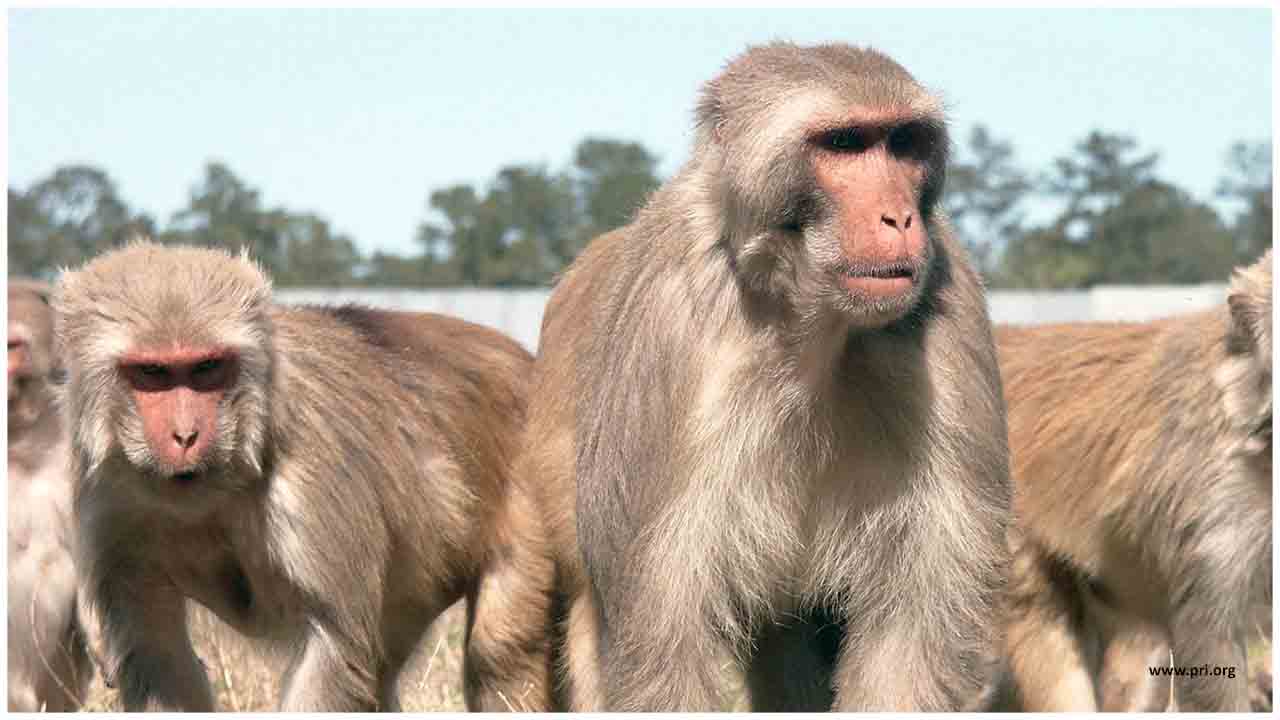
 Thailand's minister Suvit Maesincee, said researchers had moved testing of the vaccine to monkeys and hoped to have a "clearer outcome" of its effectiveness by September.
Thailand's minister Suvit Maesincee, said researchers had moved testing of the vaccine to monkeys and hoped to have a "clearer outcome" of its effectiveness by September.




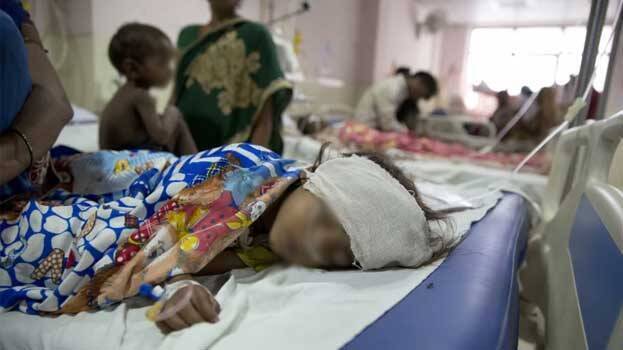
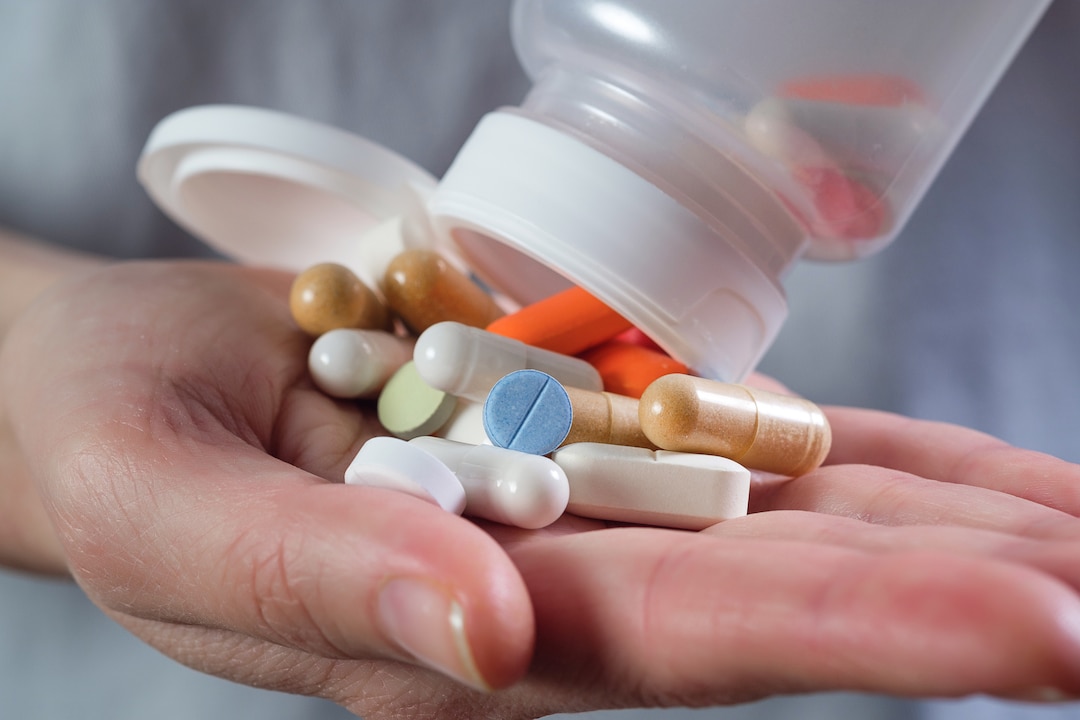


-min.jpg)
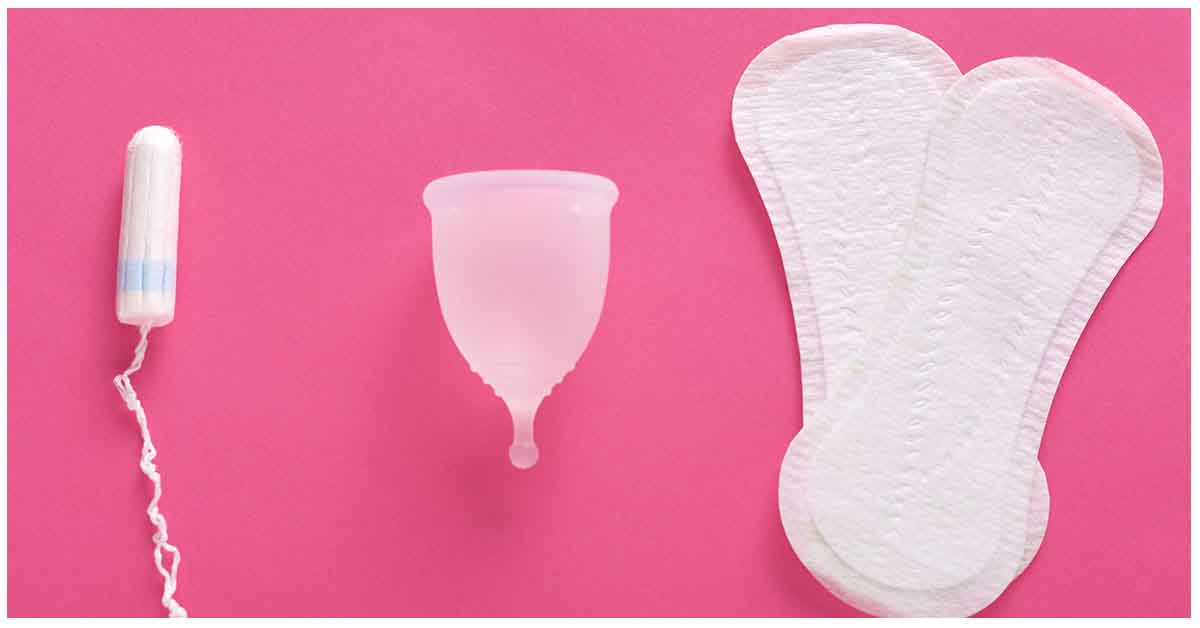



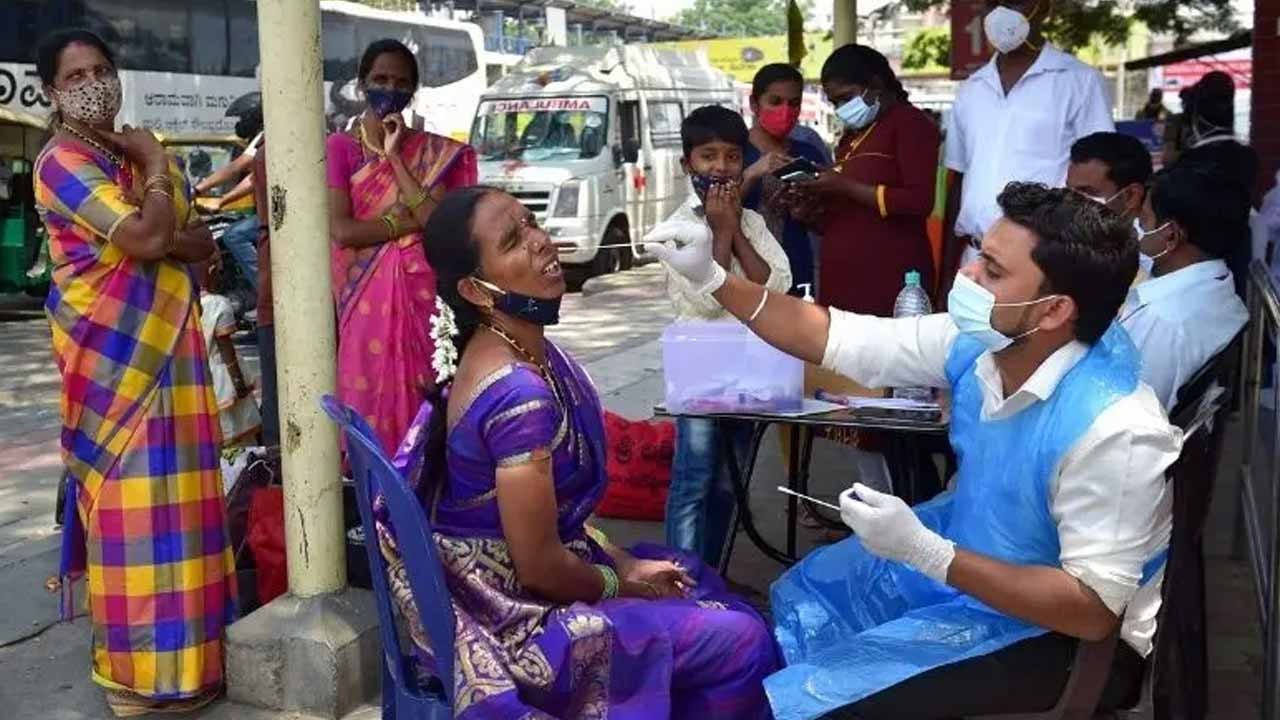





.jpeg)



.jpg)




.jpg)





.jpeg)

.jpg)


